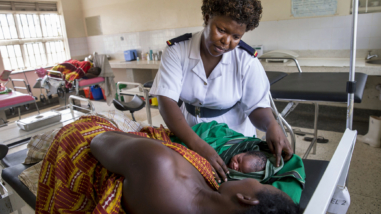INDEPTH Network
For General Operating Support
-
Amount$1,250,000
-
Program
-
Date Awarded7/20/2011
-
Term36 Months
-
Type of SupportGeneral Support/Organization
About the Grantee
Grantee Website
www.indepth-network.org


